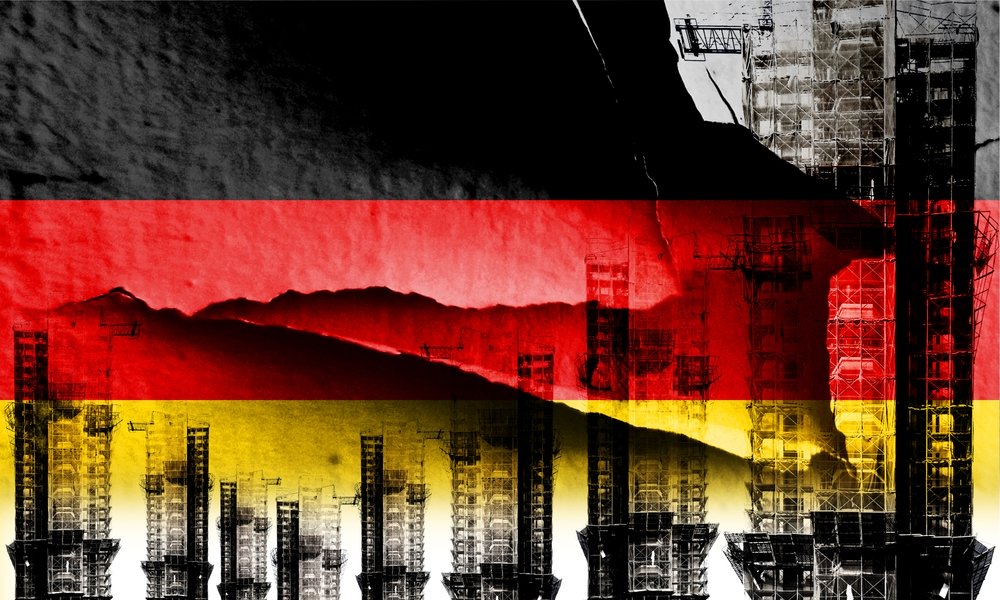Germany is mired in a deep economic and political dead end. The once-celebrated flagship project of radical climate policy was meant to impress the world, but the plan has failed spectacularly. Instead of the hoped-for economic miracle, the country now faces the wreckage of a botched energy transition. A morally charged prestige project has turned into a crisis affecting every sector – from industry to small and medium-sized enterprises. The anticipated breakthrough has resulted in deindustrialization and a full-blown economic crisis that has long since developed into a recession.
A Showcase Project Without Imitators
No other country is following Germany’s course. The German government is clinging to a showcase project that is now met with nothing but head-shaking worldwide. While China is building new coal-fired power plants and the US is focusing on energy diversification, Berlin is pushing ahead with its environmental policy with ideological stubbornness. The former hope for a “green leadership role” has turned out to be political self-deception. Energy-intensive companies are relocating, jobs are disappearing, and the industrial base is crumbling.

Germany believed other nations would follow its lead. Instead, nearly all partners opted for a more pragmatic approach. Germany’s exceptionalist path has isolated the country—economically and politically.
The Fatal Mismanagement of the Energy Transition
The seeds of this crisis were sown by the CDU and CSU more than a decade ago. The 2011 nuclear phase-out severed Germany’s most stable energy source. The energy transition developed into a costly experiment, the consequences of which everyone is feeling today: rising prices, unreliable supply, and declining competitiveness.
The supposed energy transition was driven less by technical reason than by partisan calculations. Instead of focusing on research and innovation, moral symbolism triumphed. The CDU/CSU blindly adopted green policies without considering the consequences. The country that once built on rationality suddenly acted as if driven by ideology.
Climate Policy Without a Sense of Reality
German climate policy was guided by wishful thinking rather than by physical limitations. While activists conjured up apocalyptic scenarios, politicians made a series of promises that no one could finance. Industry lost confidence, investors withdrew capital, and industrial decline set in. A rational course that combines ecology and economy failed to materialize.
Even within Europe, the German approach is now being avoided. Other countries recognize that sustainable environmental policies only work if they remain economically viable. Germany, on the other hand, continues to experiment—and is paying the price with its prosperity and credibility.
A Prestige Project on the Brink
Today, it’s clear that the grand showcase project was, in reality, a dangerous dead end. The hoped-for pioneering role didn’t attract imitators, but rather massive losses in competitiveness. While Friedrich Merz recognizes the importance of technological openness and economic stability, with the SPD as his partner, any vision of reform remains blocked.
Germany needs an energy policy revolution: new reactor technologies, CO₂ storage, and domestic gas production. But political dogma is preventing any progress. The once prestigious project of a green future is becoming a burden for generations to come.
From Climate Role Model to Recession
The final assessment is sobering. Deindustrialization is progressing, the economic crisis is deepening, and competitiveness is dwindling. Germany must decide: either it clings to its unrealistic climate policy and risks permanent industrial losses, or it finds the courage to change course.
The former dream of a flagship project has turned into a nightmare. Germany’s special path has not led to ecological renewal, but to a structural recession. The price of moral arrogance is high – and the world watches in disbelief as the land of engineers maneuvers itself into a dead end. (KOB)
